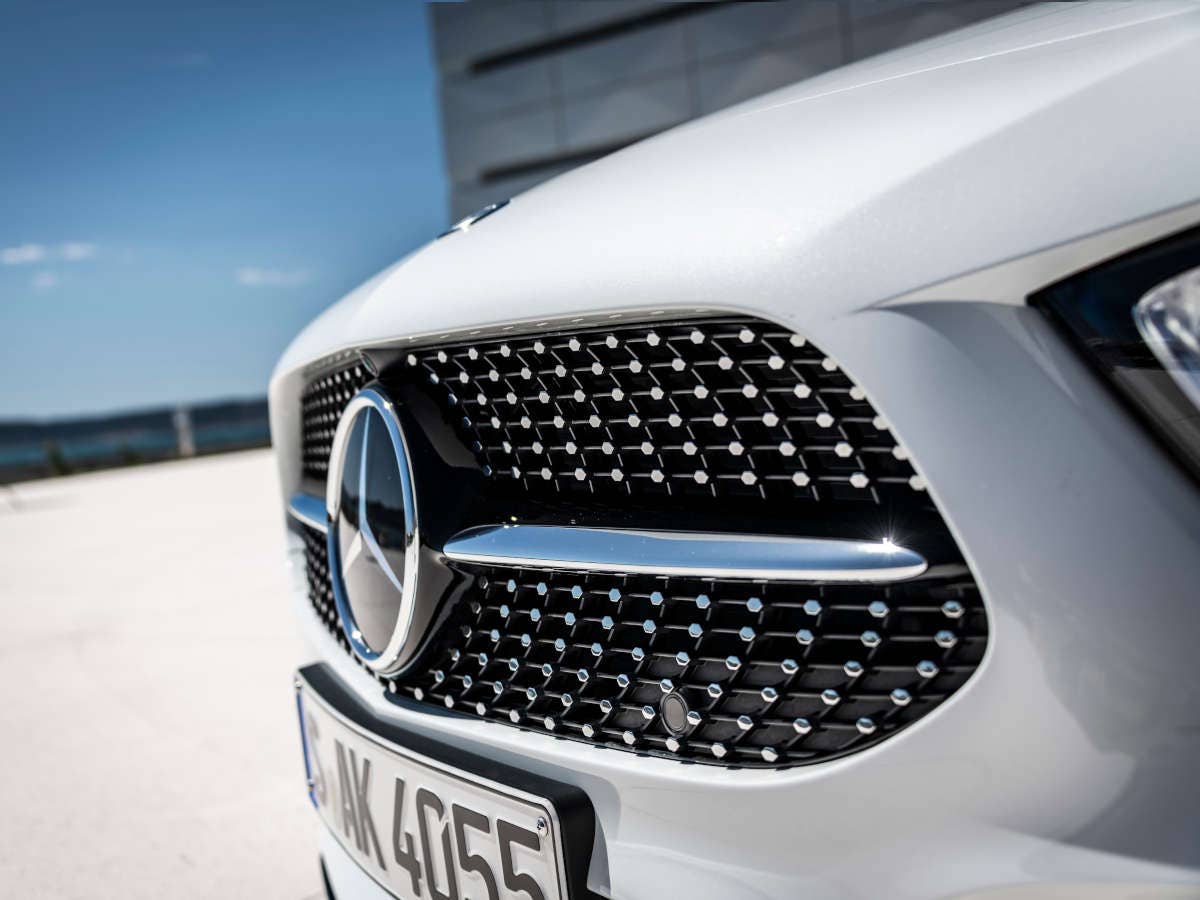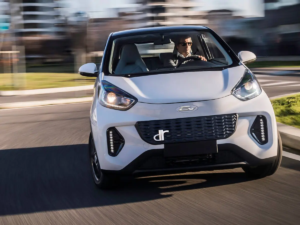The federal government wants to invest two billion euros in the development of e-fuels. The money taken from the “Climate and Transaction Fund” special fund should be sufficient until 2026, even though part of the federal government only sees electricity-based fuels as a waste product.

The federal government wants to support the further development and market ramp-up of electricity-based fuels and advanced biofuels with around 1.9 billion. According to Heise online , the Federal Environment Ministry published an answer to a request from the CDU/CSU parliamentary group on the combustion engine off. According to the federal grants database, a total of 426 funding projects can currently be found under the keywords “fuel” and “fuel”.
E-FUELS ARE “ESSENTIAL”
Last year, the executive described the use of renewable synthetic fuels as “essential in order to achieve climate targets in transport”. This includes any e-fuels that are produced using electricity , which requires a lot of energy . According to the ADAC, synthetic fuels for cars and trucks are easily feasible. Nevertheless, it is important to note “that, for technical reasons, there are always certain quantities of e- diesel and e – petrol involved in the production of e-keroseneattack”. These could then “be used in shipping or road traffic”. The greenhouse gas reduction quota (GHG) of the Immission Control Act would also provide for the crediting and promotion of synthetic electricity-based fuels in road traffic. Thanks to the existing car fleet , there are many ways to meet the GHG quota , the government explains. This includes not only e-fuels, but also advanced biofuels.
E-FUELS ARE A TECHNICAL “SETBACK”
In their question, the CDU/CSU parliamentary group inquired about the consequences of the Europe-wide ban on new registrations for passenger cars with diesel and petrol engines from 2035. They see the decision as a “setback for technology”. In October, the EU legislative bodies agreed on a “common line of CO₂ emission standards for new passenger cars and light commercial vehicles”. This gave rise to a heated argument within the traffic light coalition between the FDP and Green factions as to whether this was linked to a clear end to combustion engines .
As a result, after consultation with stakeholders, the Commission is to “make a proposal on how to authorize post-2035 vehicles that run exclusively on CO₂-neutral fuels.” This only applies “outside the scope of the fleet limits and in compliance with the Union’s climate neutrality targets’.


